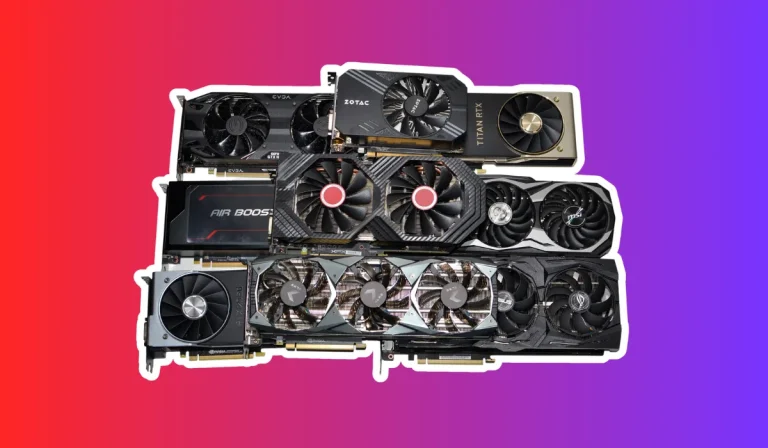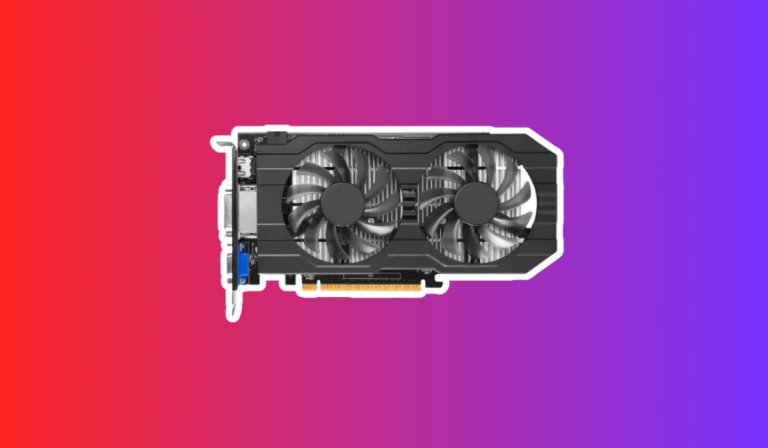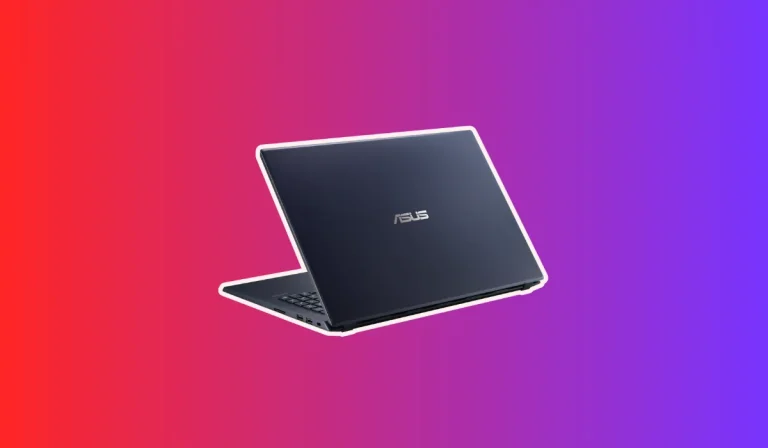What is a stock CPU cooler?
Are you curious about stock CPU coolers? Wondering what they are and why they matter? Well, buckle up! We’ll unravel the mysteries of stock CPU coolers and explain why they’re vital for keeping your computer’s brain, the processor, from overheating.
The Purpose of a CPU Cooler
When it comes to your computer’s processor, keeping it cool is crucial for optimal performance. That’s where the CPU cooler comes into play.
Why do CPUs need cooling?
Processors are the brains of our computers, and they work tirelessly to handle all our tasks. However, this hard work generates a significant amount of heat.
If left unchecked, this heat can cause serious damage to the processor, leading to performance issues and even permanent failure.
Heat’s impact on performance and lifespan
Heat can be a processor’s worst enemy. When the CPU gets too hot, it starts to throttle its performance, slowing down to prevent overheating. This results in decreased processing power and slower response times.
Moreover, excessive heat can shorten the lifespan of the processor, reducing its overall efficiency and reliability.
Enter the CPU cooler
The purpose of a CPU cooler is simple yet vital: to keep the processor’s temperature within safe limits. By efficiently dissipating heat, a CPU cooler ensures that the processor can operate at its full potential without the risk of overheating. It helps maintain stability, longevity, and optimal performance for your computer.
How does a CPU cooler work?
A CPU cooler consists of several components, including a heatsink, fan(s), and thermal paste. The heatsink is responsible for absorbing and spreading the heat away from the processor.
The fan(s) then blow air over the heatsink, dissipating the heat and maintaining a cooler temperature. The thermal paste acts as a conductive medium between the CPU and the heatsink, optimizing heat transfer.
What is a Stock CPU Cooler?
If you’ve ever bought a new computer or processor, you may have come across the term “stock CPU cooler.” But what exactly does it mean? We’ll demystify the concept of a stock CPU cooler and explain its significance in keeping your computer’s processor cool.
Defining a Stock CPU Cooler
A stock CPU cooler, also known as a “boxed cooler,” is the cooling solution that comes included with most processors when you purchase them.
It’s a basic cooling system designed to keep your processor within safe temperature limits during normal usage. In other words, it’s the cooler that you get straight out of the box, ready to be installed on your processor.
Stock Cooler vs. Aftermarket Cooler
It’s important to note that a stock CPU cooler differs from an aftermarket cooler. While a stock cooler is the default option provided by the processor manufacturer, an aftermarket cooler is a third-party cooler that you can purchase separately.
Aftermarket coolers often offer better cooling performance and are favored by enthusiasts and overclockers who require more efficient cooling for their high-performance systems.
Benefits of Using a Stock CPU Cooler
Though not as powerful as some aftermarket options, stock CPU coolers do have their advantages. First and foremost, they are cost-effective since they come bundled with the processor.
Additionally, stock coolers are designed to be compatible with the specific processor and its socket, ensuring a hassle-free installation process. This makes them an excellent choice for beginners or those with basic cooling needs.
Benefits of Using a Stock CPU Cooler
When it comes to keeping your computer’s processor cool, a stock CPU cooler can offer some significant advantages. We’ll explore the benefits of using a stock CPU cooler, shedding light on why it might be the right choice for your cooling needs.
Cost-effective Cooling
One of the primary benefits of a stock CPU cooler is its cost-effectiveness. Unlike aftermarket coolers, which can be quite expensive, a stock cooler comes bundled with your processor at no additional cost.
This makes it an attractive option for budget-conscious users who want a reliable cooling solution without breaking the bank.
Compatibility and Ease of Installation
Stock CPU coolers are specifically designed to match the specifications of the processor they come with. This ensures seamless compatibility and an easy installation process.
You don’t have to worry about finding the right cooler for your processor or dealing with any compatibility issues. Just unpack the stock cooler, follow the instructions, and you’re good to go!
Manufacturer Support and Warranty
Since stock CPU coolers are provided by the processor manufacturer, they often come with reliable support and warranty coverage.
If you encounter any issues or have questions regarding the cooling system, you can reach out to the manufacturer for assistance. This level of support can offer peace of mind, especially for those new to PC building or troubleshooting.
Suitable for Basic Cooling Needs
For most users, a stock CPU cooler provides sufficient cooling performance for regular usage. If you’re not planning to engage in heavy overclocking or running demanding applications, a stock cooler can effectively keep your processor within safe temperature limits.
It’s a practical choice for casual computer users who don’t require extreme cooling capabilities.
How Does a Stock CPU Cooler Work?
Introduction:
Have you ever wondered how a stock CPU cooler keeps your computer’s processor from overheating? We’ll delve into the inner workings of a stock CPU cooler and explain how it performs its cooling magic to maintain optimal temperature levels.
Heat Dissipation through the Cooler
A stock CPU cooler primarily works by dissipating the heat generated by the processor. The cooler features a metal heatsink, which is in direct contact with the CPU. As the processor operates, it produces heat, which is absorbed by the heatsink.
Utilizing Airflow for Cooling
To aid in heat dissipation, a stock CPU cooler utilizes airflow. The cooler is equipped with a fan that blows air across the heatsink. As the fan spins, it creates a flow of air that helps carry away the heat from the heatsink. This process helps to lower the temperature of the CPU.
Thermal Interface Material (TIM)
Another crucial component of a stock CPU cooler is the thermal interface material (TIM). This material is applied between the CPU and the heatsink to enhance heat transfer. It fills any gaps between the two surfaces, ensuring maximum contact and efficient heat conduction.
The Role of the Fan
The fan in a stock CPU cooler plays a vital role in maintaining proper airflow. It draws cool air from the surroundings and directs it towards the heatsink. This continuous flow of fresh air helps to dissipate heat effectively, preventing the processor from overheating.
FAQ’s
1. Is a stock CPU cooler sufficient for gaming and regular computer usage?
Yes, a stock CPU cooler is generally sufficient for gaming and regular computer usage. It is designed to handle the heat generated by the CPU under normal operating conditions. However, if you plan on overclocking or running demanding applications, you may want to consider an aftermarket cooler for better cooling performance.
2. Can I replace a stock CPU cooler with an aftermarket cooler?
Yes, you can replace a stock CPU cooler with an aftermarket cooler. Aftermarket coolers often offer better cooling performance and can be a good option if you want to achieve lower temperatures or engage in heavy overclocking. However, it’s essential to ensure that the aftermarket cooler is compatible with your processor and fits within your computer case.
3. Do stock CPU coolers make a lot of noise?
Stock CPU coolers are designed to operate quietly, providing efficient cooling without excessive noise. However, the noise level can vary depending on the specific model and fan speed. If noise is a concern, you may consider opting for an aftermarket cooler known for its quieter operation.
4. Can I use a stock CPU cooler for an older-generation processor?
Yes, you can use a stock CPU cooler for an older-generation processor as long as it is compatible. However, it’s important to check the specifications and ensure that the cooler is designed to fit and cool the specific processor you have. Some older processors may require different coolers due to variations in socket types and power requirements.
Conclusion
A stock CPU cooler is the cooling solution that comes bundled with your processor. It’s like the unsung hero of your computer, keeping your CPU cool during operation. While it may not offer the same performance as aftermarket coolers, it gets the job done for regular usage and gaming.






